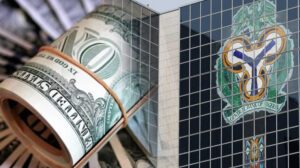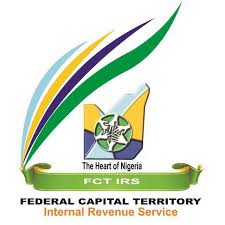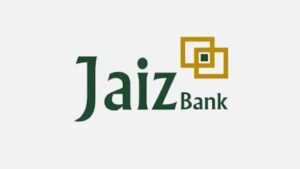
BDC operators decry CBN exchange rate policy
By Sodiq Adelakun
Bureau De Change operators in Nigeria have decried the Central Bank of Nigeria’s (CBN) exchange rate policy.
Recall that the CBN announced the unification of all segments of Nigeria’s foreign exchange market, consolidating all windows into one On June 14, 2023.
This action was part of a series of immediate changes aimed at improving liquidity and stability in the Nigerian Foreign Exchange (FX) Market.
Under this directive, commercial banks were given permission to remove the rate cap on the naira at the Investors and Exporters (I&E) window of the foreign exchange market, allowing for a free float of the naira against the dollar and other global currencies.
The CBN’s decision to float the currency and unify the country’s multiple exchange rates has been praised by the organised private sector, financial experts, and economists.
They believe this move will bring transparency and stability to the forex market, as well as attract more foreign investment and capital inflow into the economy.
However, Bureau de Change operators, also known as BDC forex dealers, have expressed dissatisfaction with the CBN’s decision to abolish segments of the official forex market in favour of the I&E window, where the “willing buyer and willing seller” approach was reintroduced.
These operators argue that the CBN should collaborate with them, considering that they play a critical role in addressing the retail end of the market and ensuring exchange rate stability in the country’s economy.
The President of the Association of Bureau De Change Operators of Nigeria (ABCON), Aminu Gwadebe, stated that despite the new exchange rate policy by the CBN, the foreign exchange market remains volatile because BDCs are excluded from the I&E window.
‘’The volatility of the naira continues to underpin the slow economic growth of Nigeria. The I&E window is laudable, it’s patriotic and nationalistic, but there is no policy that can actualise its mission without carrying the interest of the subsector (which is the BDCs). The I&E window is supposed to run on three legs, the banks, the CBN and the BDCs, overtly or covertly, the BDCs are missing.”
Gwadebe highlighted the high exchange rate disparity of about N30 between the I&E window and the parallel market, as the apex bank has yet to adequately address the retail end of the market that is primarily served by BDCs.
He emphasised that this has negatively affected liquidity in the foreign exchange market.
The ABCON President added, “the forex market is not competitive because of the limited number of participants. The other one is the issue of liquidity and then legislation with respect to the FMDQ.
“The legislation is expected to allow participants, including the BDCs, to be part of the forex market.
“We are talking about sustainability now and that market (forex market) will drive sustainability in terms of inflow to address liquidity issues. Fortunately or unfortunately, the banks are even now formalising Bureau De Change or do I say parallel market operations.”
Gwadebe suggested that a legal and regulatory framework for the forex market should be established to supervise and manage the market.
He called for legislation to support the existing policies and strengthen the operations of FMDQ, which manages the forex market.
Another BDC operator argued that the new exchange rate policy has not significantly affected their business, stating that it is a mixed situation.
They mentioned that foreign exchange users still patronise them since commercial banks sometimes sell at higher rates and may not have sufficient funds.
Therefore, they do not see a pressing need to be part of the I&E window since BDCs already source their funds from autonomous sources.
Overall, BDC operators are urging a more inclusive approach in the foreign exchange market and seeking legislative support to enhance liquidity, competitiveness, and sustainability in the market.



